Written by Don Henley and Bernie Leadon
Videos by American Songwriter
Formed in 1971, The Eagles were quickly tasked in finding a signature sound. While early sessions proved difficult, as they searched to blend rock and country into a cohesive element, the band delivered on their 1972 self-titled debut record. Alongside producer Glyn Johns (Rolling Stones, Led Zeppelin), founding members Don Henley, Glenn Frey, Bernie Leadon and Randy Meisner perfectly married various musical styles for a solid body of work.
“Witchy Woman” is a silky number detailing one woman’s spellbinding effects. “Raven hair and ruby lips / Sparks fly from her fingertips / Echoed voices in the night / She’s a restless spirit on an endless flight,” sings Henley on the first stanza. The melody, which Leadon had been working on since his Flying Burrito Brothers days, burrows into elevating the mood with electric guitars and a heart-pounding drum.
The poetic imagery calls to American novelist Zelda Fitzgerald (wife of F. Scott Fitzgerald), perhaps quite unintentionally. During the songwriting process, Henley was then living in a house on the corner of Camrose and Tower in the Hollywood Hills. Leadon came over for a songwriting session with “this strange, minor-key riff that sounded sort of like a Hollywood movie version of Indian music – you know, the kind of stuff they play when the Indians ride up on the ridge while the wagon train passes below,” said Henley in liner notes for The Very Best of the Eagles compilation. “It had a haunting quality, and I thought it was interesting, so we put a rough version of it down on a cassette tape.”
Henley soon came down with the flu, and in between bouts of fever and a semi-delirious state, he would flip through a book on Fitzgerald’s life, which also detailed her stint in a psychiatric hospital for then-perceived schizophrenia. “I think that figured into the mix somehow – along with amorphous images of girls I had met at the Whisky and the Troubadour,” he told Rolling Stone in 2016. “[It was] an important song for me, because it marked the beginning of my professional songwriting career.”
The second verse seemingly makes reference to Fitzgerald’s troubled life and psychiatric stay. “She held me spellbound in the night / Dancing shadows and firelight / Crazy laughter in another room / And she drove herself to madness with a silver spoon,” Henley sings.
Inspiration also stemmed from “the roommate of a girl I was seeing in the early 1970s. All things occult were popular in those days. Ouija boards, séances, palm reading, etc,” he said. “A lot of the girls were into what was called ‘white witchcraft,’ that is, they were practitioners of folk magic for benevolent purposes, as distinguished from malevolent witchcraft or black magic.”
“I think some of them practiced a little of both. I thought it was charming and seductive, but I never took any of it seriously. For the most part, it was just a phase people were passing through, part of the overall youth movement and the quest for spirituality, which included a re-enchantment with the ‘old ways.’ It was harmless fun.”
“Witchy Woman” – also drawing influence from works by author Carlos Castaneda, whose The Teachings of Don Juan (published in 1968) described his shamanism beliefs – was released as the album’s second single. It eventually reached No. 9 on the Billboard pop singles chart.
Are you a songwriter? Enter the American Songwriter Lyric Contest.

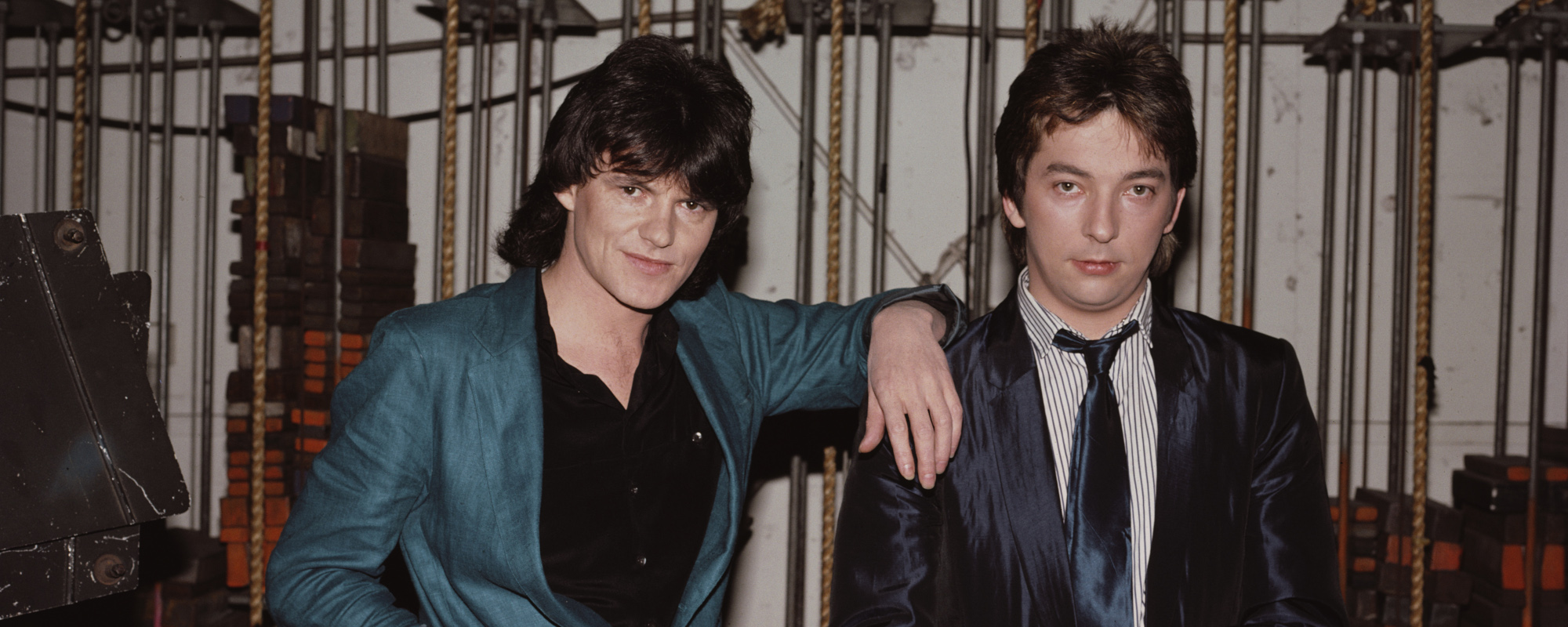
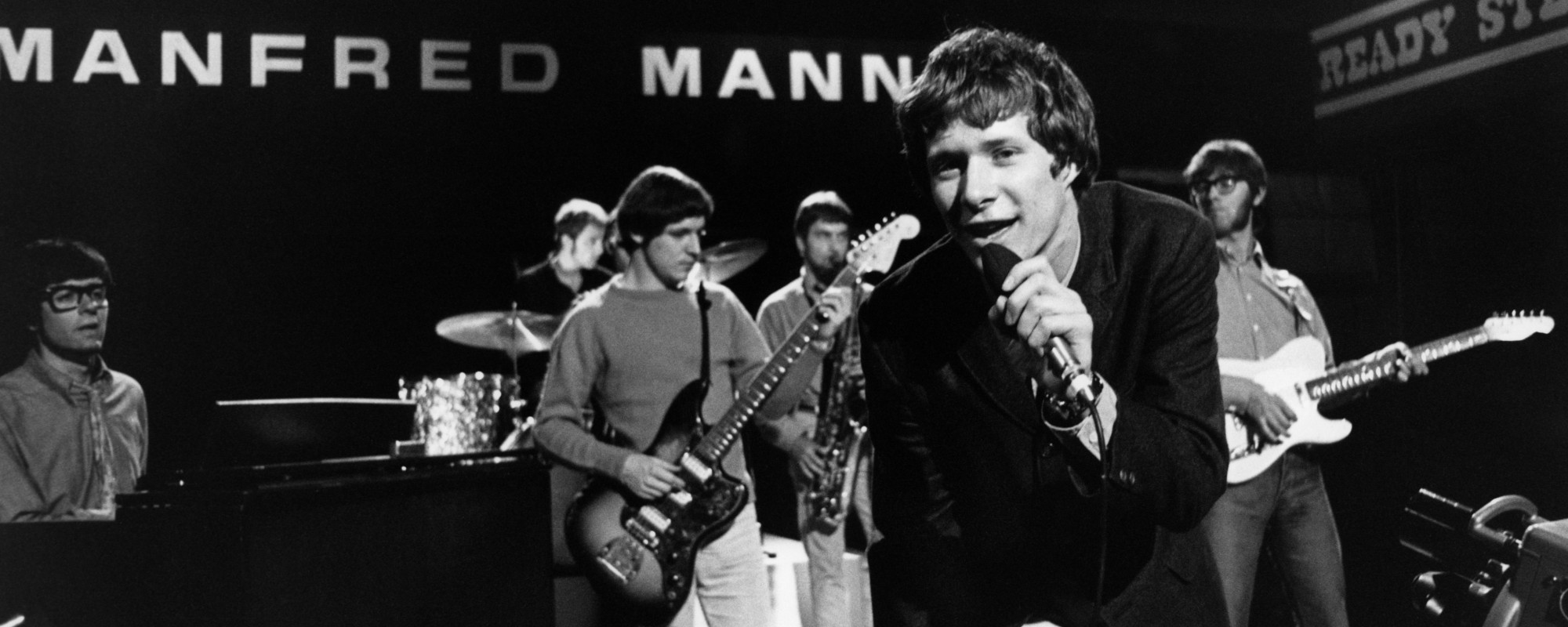
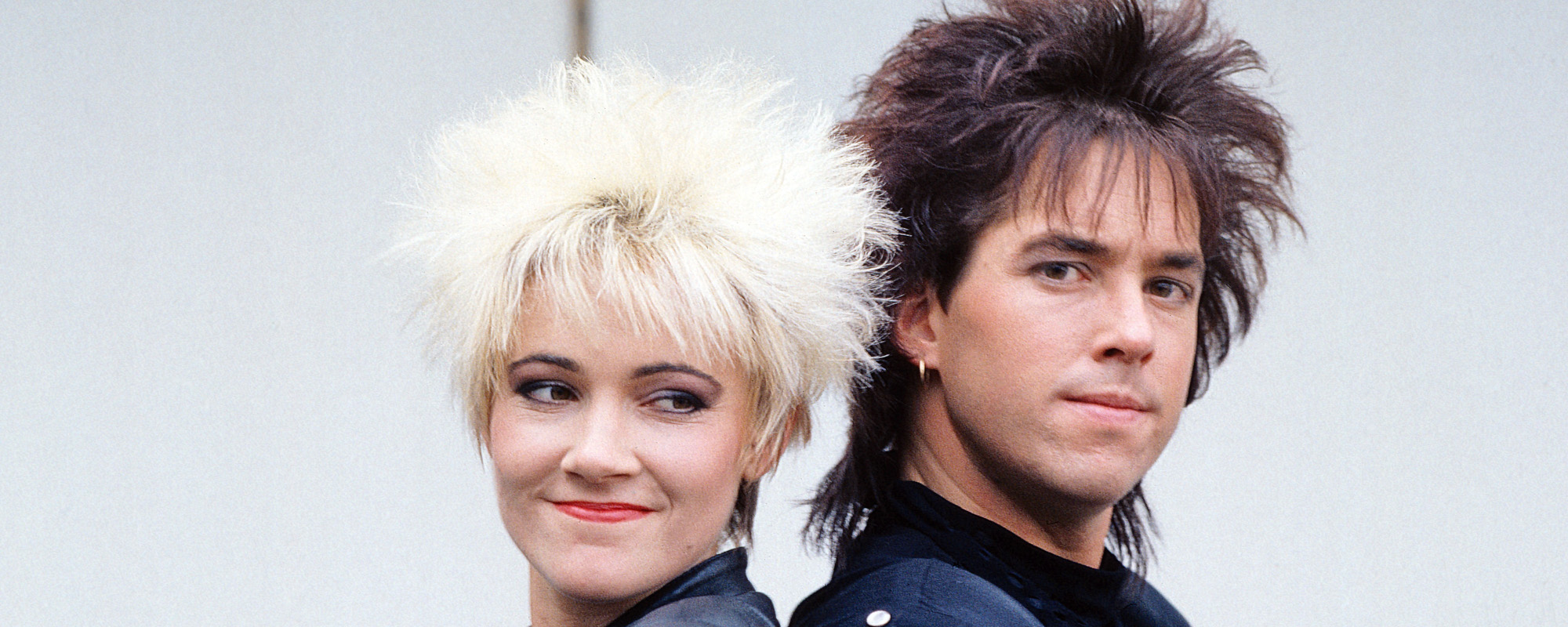
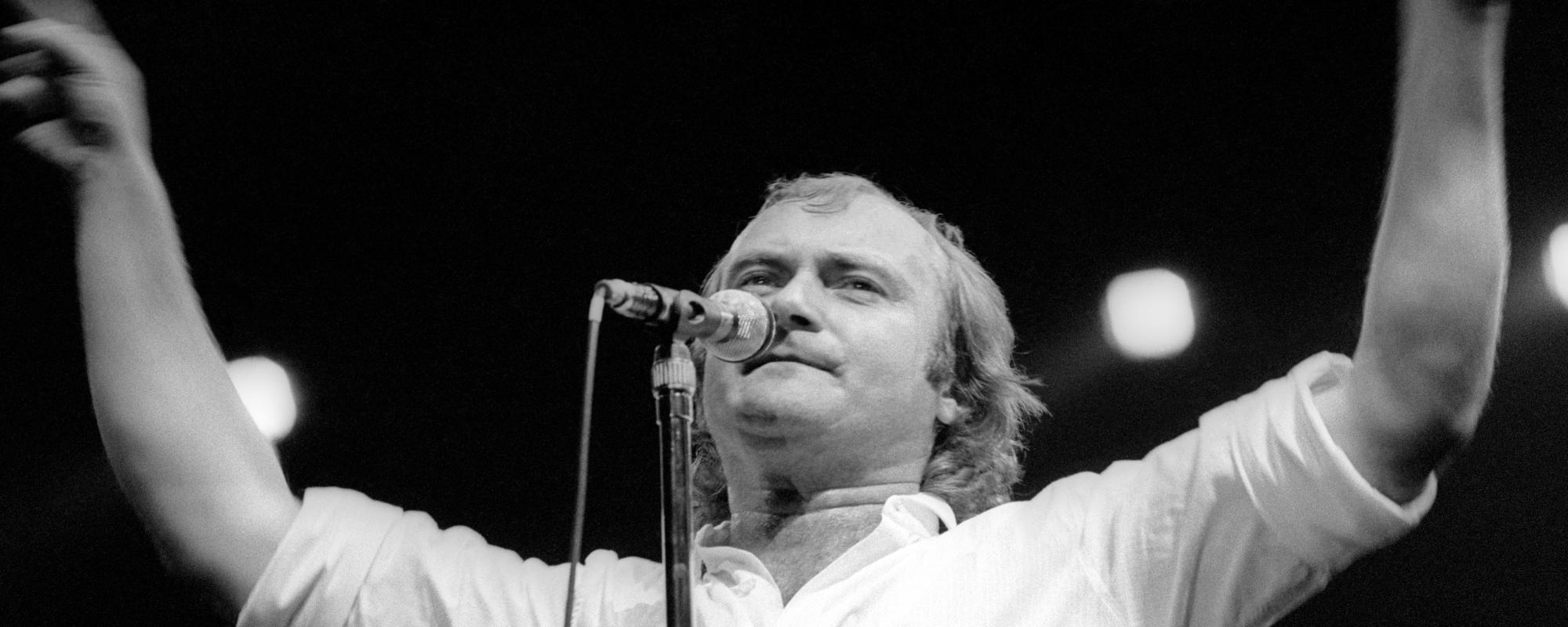
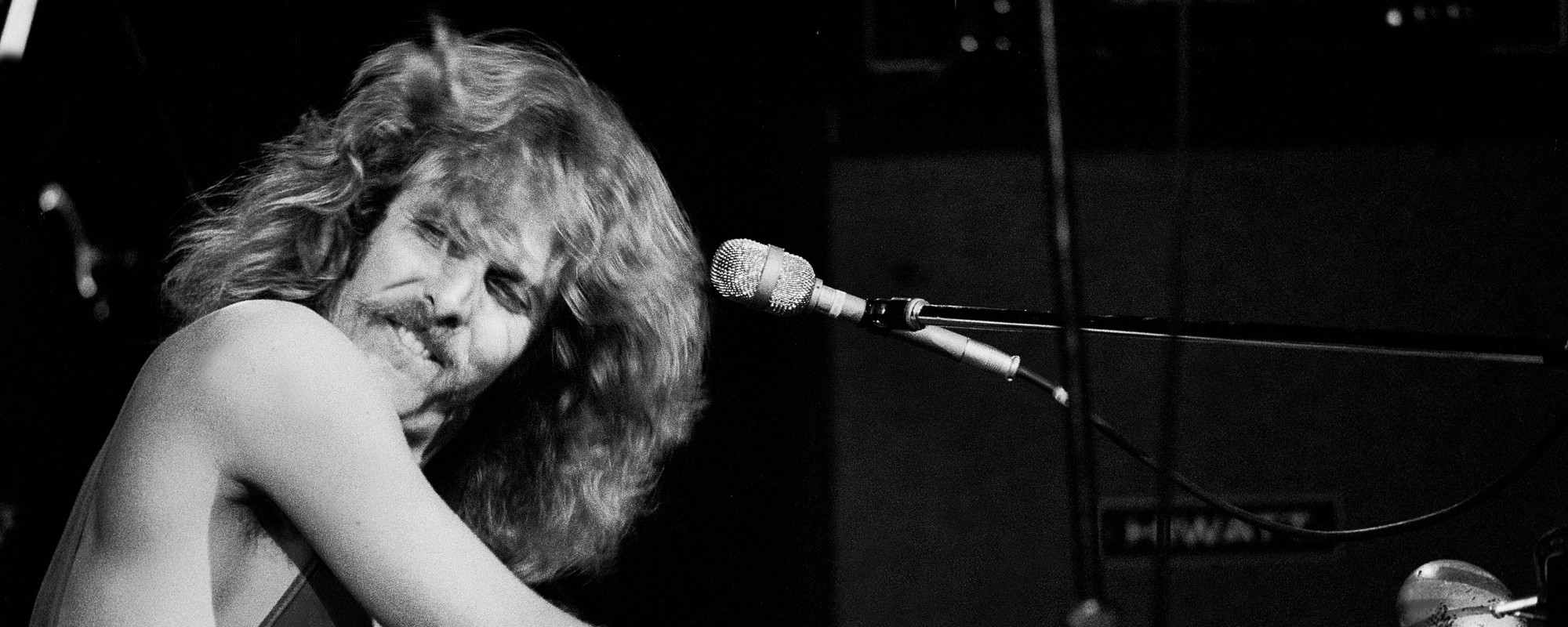
Leave a Reply
Only members can comment. Become a member. Already a member? Log in.